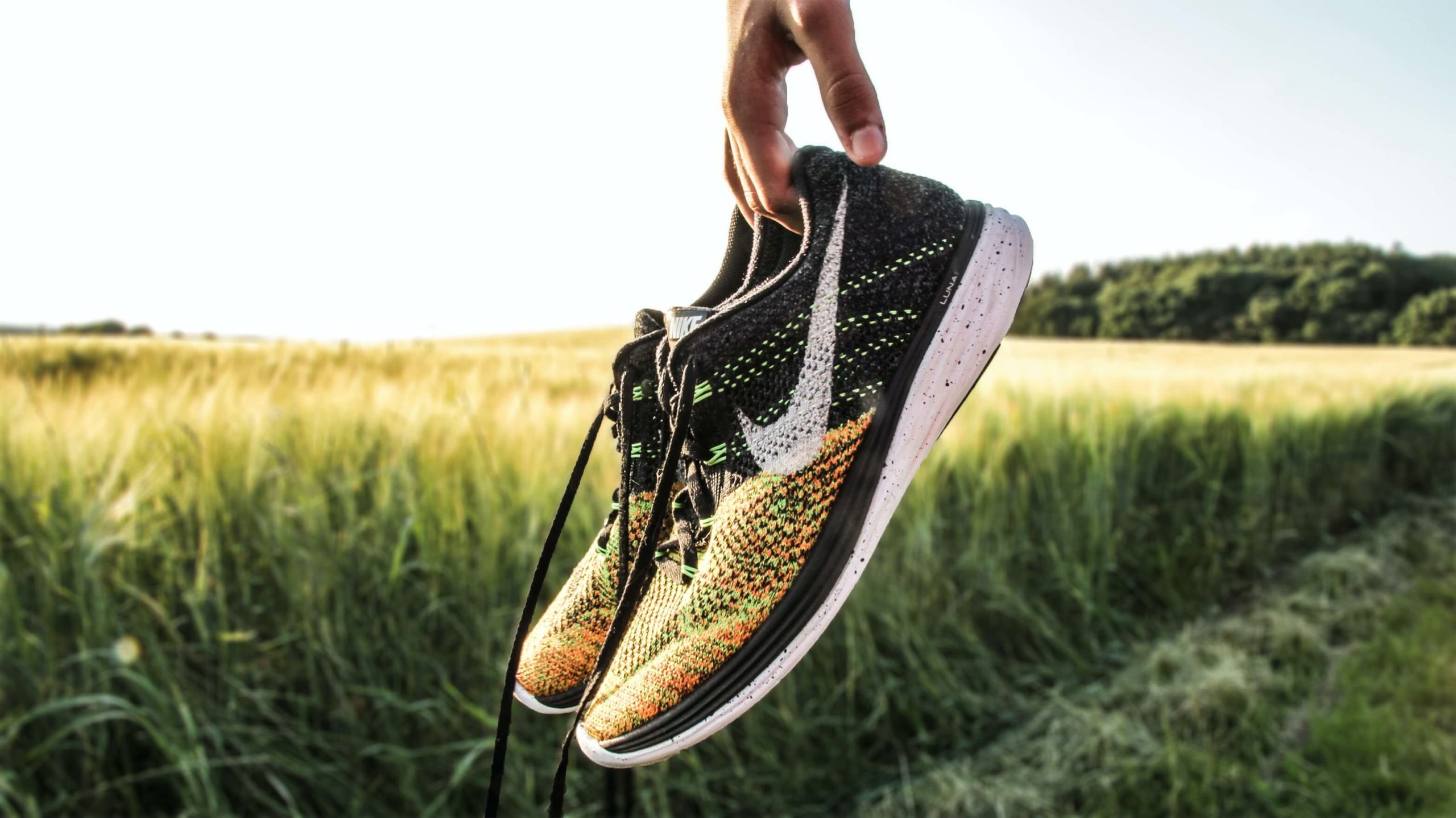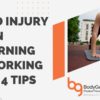New flu-like symptoms should mean quarantining for two weeks. But if you’re still feeling the effects of COVID-19 months later, you’re not alone.
The Chicago Marathon is back for 2021 and there are fewer than 90 training days left to prepare! If you’re one of the 35,000 runners that are expected to take part in this year’s race, then you’ve probably started breaking in your shoes, perfecting your stride and building stamina for the big day.
But if you’re one of the more than 1.4 million Chicagoland residents who contracted the coronavirus, you should take that into account in your training.
Much is still unknown about COVID-19, and its effects will be studied for years. But data from early in the pandemic studied by the University of Michigan Health System revealed that 45% of patients hospitalized for COVID-19 experienced a significant functional decline after being discharged.
This includes damage to various organ systems, causing neurological, mental and musculoskeletal impairments. Some patients who walked normally before the pandemic needed a cane to balance after, and as many as 20% of hospitalized patients in the study could no longer live independently after discharge.
At Body Gears, we’ve worked with a number of patients who needed rehabilitation and physical therapy to reverse the effects of the disease. While these “long-haul cases” are extreme, there is still much to learn about what should be considered normal.
If you were exposed to COVID-19 and feel the effects in your running performance, keep these tips in mind as you prepare for the 2021 Chicago Marathon:
1. Listen To Your Body
We get it: it’s hard to get back in shape! Even if you didn’t gain the “COVID 15,” not many people can maintain the level of fitness needed for a marathon. Especially if you did not run last year’s virtual Chicago Marathon, it may be several years since you last completed 26.2 miles in one run.
Be patient, be proactive in your aftercare, and be mindful of how your body responds to training. Don’t push through pain in a way that will lead to injury, or ignore your cardiovascular signals.
A separate study out of China showed that COVID-19 patients who were hospitalized with pneumonia had a high prevalence of permanent lung damage. Exercise is ideal for rehabilitation but should be monitored by a medical professional. No matter where you are in your path to physical fitness, the Body Gears team can give you the roadmap and confidence to reach your goals.
2. Perform Regularly Scheduled Maintenance
You won’t get far in a car with no fuel or fluids, and the same is true for your body. For weight loss and strength training, remember that incremental progress is key to safe and sustainable results. Instead of dramatically cutting calories, eat enough to sustain your exercise and swap out junk food for nutrition. With hot weather, always stay hydrated by drinking water before, during and after a training run.
Stretching, massage and mindfulness are all powerful tools to relax sore muscles and align your intentions. Cross-training and yoga are key for engaging different muscle groups and avoiding overuse injuries that derail your marathon timeline.
3. Make Us Part of Your Training Team
Elite runners know that races are won long before the finish line. Each photo finish in front of a cheering crowd is backed by months of training when nobody else was watching.
That’s where Body Gears can help.
Whether you need COVID-19 rehabilitation, physical therapy to deal with the aches and pains of training, massage, cross-training or something else, our team of certified physical therapists is in your corner, ready to provide functional, personalized care.
Contact us today at one of our six Chicagoland centers to learn more about how we can help you get back to the things that matter most, like training for the best race of your life.
Tags: running, Chicago Marathon, training






